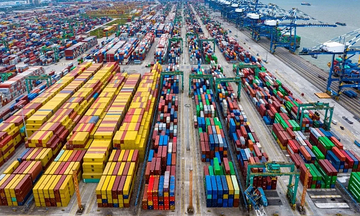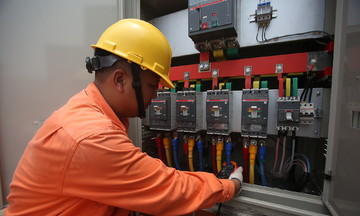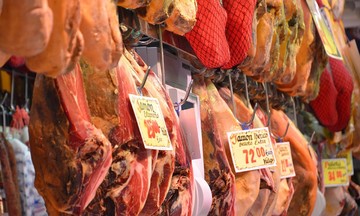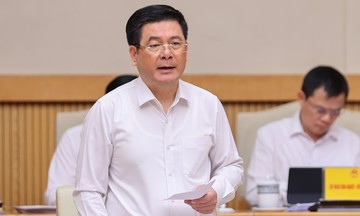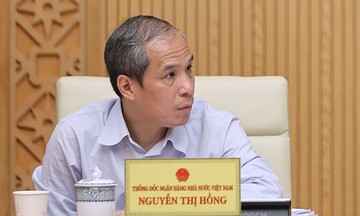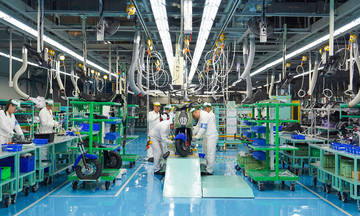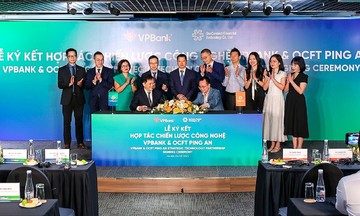This assessment comes from HSBC Global Research's latest report. The FTSE is set to review Vietnam's stock market for a potential upgrade from frontier to emerging market status during its annual index review on 7/10.
FTSE Russell is one of the world's three leading index providers, alongside MSCI and S&P Dow Jones Indices, serving as a benchmark for international investors.
An upgrade would mean Vietnam's inclusion in the FTSE All-World, FTSE Asia, and FTSE EM (an international stock market index provided by FTSE Russell, tracking the performance of emerging market equities globally) indices. Passive funds tracking these indices would then purchase Vietnamese stocks or ETFs. Active funds, however, retain their own discretion.
In HSBC's most optimistic scenario, an FTSE upgrade could attract up to $10.4 billion in foreign capital to Vietnam's stock market. However, HSBC notes that the actual inflow will likely be more modest and distributed over time, as FTSE typically announces market reclassifications about 6 months in advance.
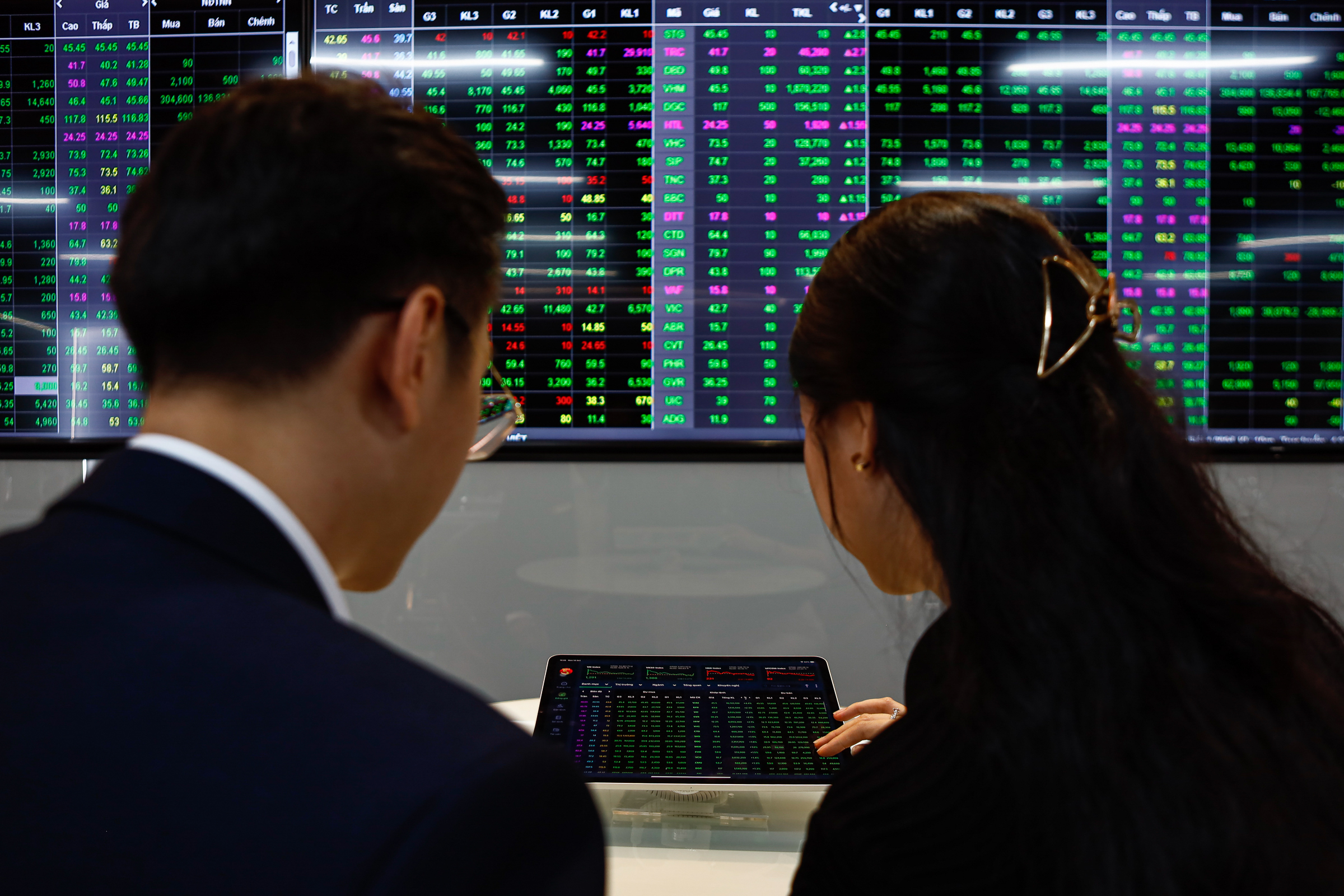 |
Trading at Rong Viet Securities JSC, Ho Chi Minh City, 10/2024. Photo: An Khuong |
Trading at Rong Viet Securities JSC, Ho Chi Minh City, 10/2024. Photo: An Khuong
HSBC's data analysis reveals that a significant portion of active funds in Asia (38%) and emerging markets (30%) already hold Vietnamese stocks. Asian funds currently allocate an average of 0.5% of their portfolios to Vietnam. The number of funds specifically investing in Vietnam has also grown in recent years, now exceeding 100 funds with $11 billion in assets under management, compared to just 17 funds holding $3 billion at the end of 2014.
Assuming an upgrade at the current market capitalization, Vietnamese stocks would represent approximately 0.6% of the FTSE Asia index and 0.5% of the FTSE EM. In this scenario, around $1.5 billion in foreign capital could flow in through passive funds. If Vietnam's weighting in the FTSE EM Asia reaches 1.3%, this inflow could reach $3 billion.
Meanwhile, many active funds already hold shares of Vietnamese companies. Post-upgrade, HSBC estimates capital inflow from this segment to range from $1.9 billion to $7.4 billion, depending on Vietnam's index weighting.
Other institutions have also projected billions of dollars in foreign investment upon a market upgrade. VPBank Securities (VPBankS) estimates an inflow between $3 billion and $7 billion, while Vietcap Securities suggests the figure could range from $6 billion to $8 billion.
Vietnam's stock market was placed on FTSE Russell's upgrade watchlist in 9/2018. Currently, it meets 7 of the 9 required criteria. HSBC believes that recent developments regarding the remaining two criteria – the amended Securities Law effective from 1/1/2025 and the operation of the KRX system since May – increase the likelihood of an upgrade.
However, the bank notes that FTSE has previously pointed out the complexity of the registration process for foreign investors and foreign ownership limits in certain sectors like banking, aviation, and telecommunications.
This means that once foreign investors hold 50% of a company's shares, they can only trade with other foreign investors, potentially creating separate pricing for foreign investors. "This is not a mandatory requirement for FTSE reclassification, but it could become a concern raised by investors," HSBC states.
As of 1/9, only 12 stocks in the VN-Index have reached their foreign ownership limits. Overall, the VN-Index has an average foreign ownership limit of 42%, while the actual foreign holding is around 17%, less than half the limit.
Dy Tung



